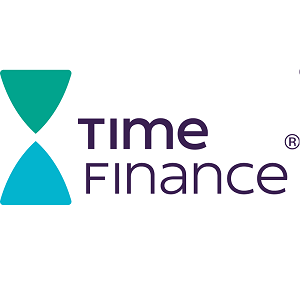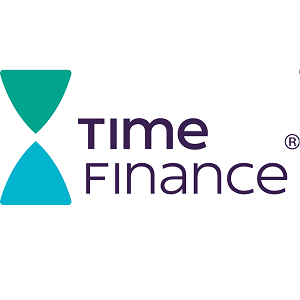Unpaid invoices are a significant challenge for SMEs across the UK. Recent data from Natwest reveals that over 27% of small and medium-sized businesses in Britain are owed between £5,000 and £20,000 in unpaid invoices. When payments are delayed beyond the typical 30-day term, it can be easy to panic. However, it’s essential to understand your rights and explore financial solutions like invoice finance, which can help cover gaps between payments.
Businesses depend on prompt payments to function smoothly, but unpaid invoices occur when customers fail to meet their payment deadlines. Also referred to as overdue invoices, these can put businesses in a precarious position. A previous study by Time Finance showed that SMEs are owed an average of £250k in late payments, highlighting the financial strain caused by such delays.
Under government guidelines, businesses can claim interest and recovery costs on late payments. For public authorities, payments should be made within 30 days, while for business transactions, it’s 60 days. If these deadlines are missed, the payment is classified as late. In cases where no specific payment date has been agreed upon, the law dictates that payment becomes overdue once the customer has received the invoice or the service/goods.
Given that one in three businesses view late payments as a major threat to their survival, knowing how to manage and recover overdue payments is essential. Apart from chasing invoices and seeking professional advice, businesses can utilise financial solutions that offer credit control functions to bridge the financial gap.
One method to recover overdue payments is by contacting the client directly. Calling demonstrates a commitment to resolving the issue and provides an opportunity to discuss potential payment plans, such as instalments. Always follow up on any phone agreement with an email to confirm the terms discussed.
Another strategy is to suspend services, particularly if you operate on a retainer contract. Many companies include contract clauses that allow them to pause services if payments aren’t made on time. This can be an effective way to prompt clients to settle their invoices.
If previous attempts fail, sending a final payment reminder serves as a polite yet firm notification that legal action is the next step. Should the client still refuse to cooperate, more formal measures can be taken.
To address the widespread issue of late payments, the government introduced the Prompt Payment Code (PPC). This voluntary code sets standards for payment practices, encouraging organisations to pay suppliers promptly. Private-sector businesses are encouraged to follow these standards, which include paying suppliers on time, offering clear guidance on payment terms, and promoting good practices across the supply chain. Companies failing to adhere to these standards may face investigations and removal from the Code.
For many businesses, employing a credit controller to manage unpaid invoices can be a beneficial solution. These professionals handle debt collection and maintain customer relationships while improving cash flow. If you opt for a disclosed invoice finance solution, a dedicated credit controller may be assigned to handle communications with your customers. This can free up time and reduce stress for business owners.
Invoice Finance offers a practical way to access funds without waiting for customers to pay their invoices. Often referred to as Invoice Factoring or Invoice Discounting, this solution allows businesses to receive up to 90% of the invoice value, sometimes within just 24 hours. This can help cover essential payments to suppliers, HMRC, and employees. Time Finance offers two distinct products within this framework: Disclosed Invoice Finance, which includes credit control services, and Confidential Invoice Finance, where invoice chasing is handled in-house, ensuring customer relationships remain unaffected.
When late payments start to impact your business, it’s important to explore the financial options available to ease the pressure and keep your operations running smoothly.
Unpaid invoices can place immense stress on businesses, but understanding your rights and leveraging financial tools can make a big difference in maintaining cash flow and securing what is owed to you.
Time Finance plc (LON:TIME) is an AIM-listed business specialising in the provision or arrangement of funding solutions to UK businesses seeking to access the finance they need to realise their growth plans. Time Finance can fund businesses or arrange funding with their trusted partners through Asset Finance, Invoice Finance, Business Loans, Vehicle Finance or Asset Based Lending.



